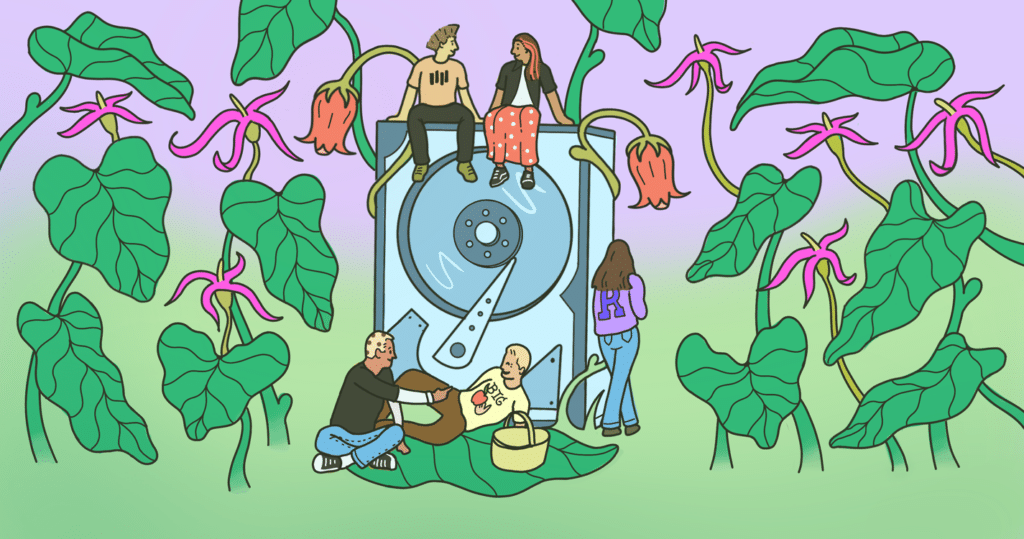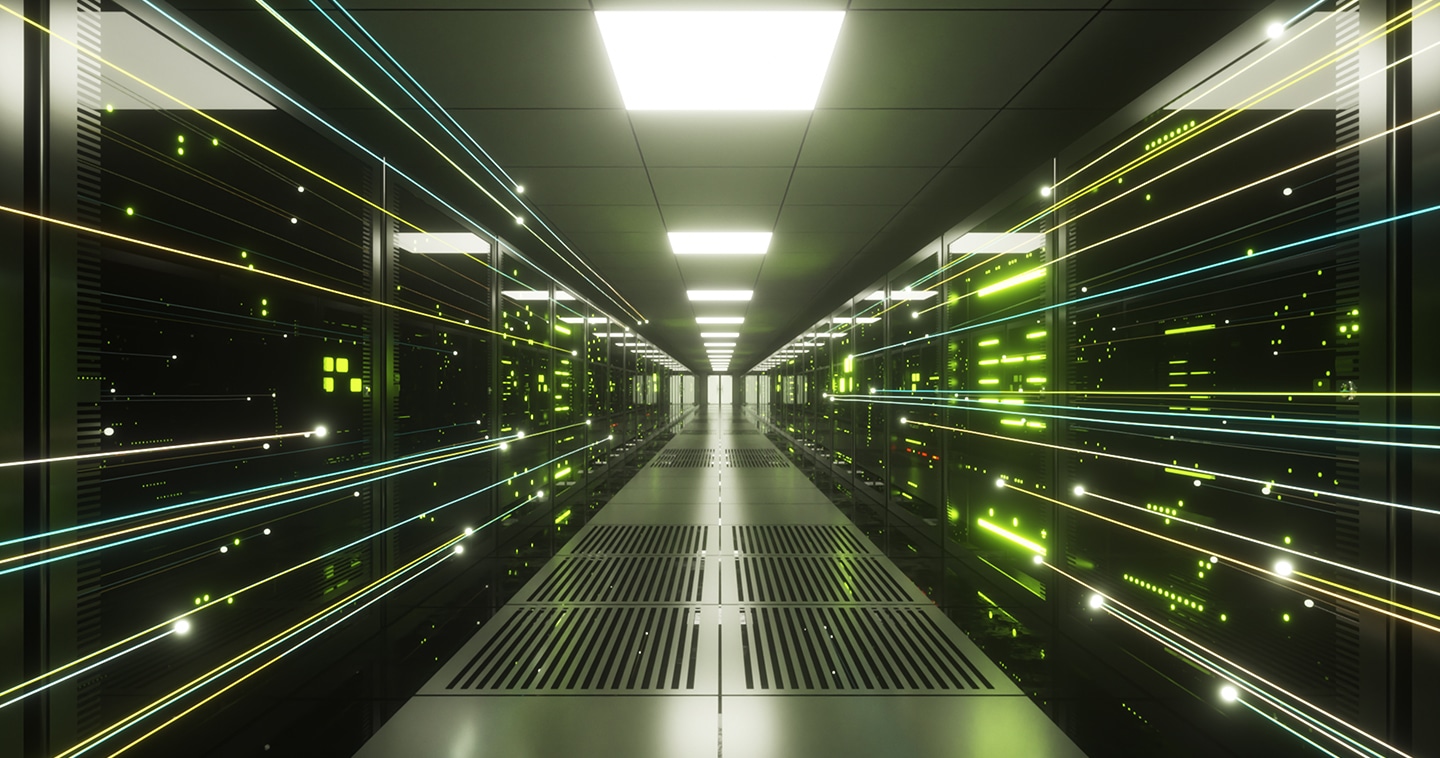For the Future: How Western Digital Achieves ESG Excellence
Sustainability is no longer a buzzword but a real business focus for companies around the world. Respecting the planet improves local habitats and communities while driving down costs.
To achieve its environmental, social, and governance (ESG) goals, Western Digital leverages its technological and engineering expertise at all levels of the business. As a worldwide manufacturer and tech giant, the company strives for nothing less than to be a world leader, achieving excellence through strategy, technology, and leadership.
Strategy and leadership
Western Digital already set ambitious targets and has achieved impressive milestones, including a reduction of Scope 1 and 2 emissions by more than 14% from 2020 to 2022. For true excellence, though, the company’s business units, partners, and customers must collaborate and work toward a shared vision for the future.
“Our engagement with large enterprise customers on sustainability has gone up probably by an order of magnitude over the past couple of years,” said Joshua Parker, assistant general counsel and head of Western Digital’s corporate sustainability function. For Parker, progress doesn’t happen in a vacuum, but is the result of committed partnerships.
“Our customers want more time with us to collaborate on sustainability, to share insights, and to drive mutual progress on reducing our climate impact throughout the value chain,” he said.
By better understanding the ecosystem of customers, suppliers, and partners, Western Digital can drive significant progress. The company supplies millions of products to customers all over the world, so by developing intimate understandings between all stakeholders, Western Digital can do more than it would alone.

Reducing impact: from manufacturing to the data center
Realizing that shared vision takes cutting-edge technology and operations. Xiaodong Che is the chief technology officer of Western Digital’s HDD business unit, and under his supervision, the company has delivered the highest capacity drives in the industry.
For Western Digital’s customers, this means using fewer drives to meet storage needs. Fewer drives saves money and energy, a huge boon for hyperscale cloud customers that deal in exabytes.
“Customers want higher capacity drives so they can be more energy efficient,” said Che. “Capacity is also a sustainable effort; a larger drive is a greener drive.”
Continuing its capacity leadership, the company identified another avenue to leverage its technological prowess to delight customers and achieve its ESG goals.
“On the hard drive side, about 50% of the carbon footprint of the product when it arrives at our customer comes from our own internal manufacturing,” Parker said. “So if we use 100% renewable energy, we can cut that footprint in half. That’s huge for us, and that’s huge for our customers.”
Driving the processes to reduce the company’s manufacturing impact on the planet is Jackie Jung, VP of operations strategy at Western Digital. Jung and her team lead efforts on making Western Digital’s global facilities more efficient by implementing advanced Industry 4.0 technologies. One of Jung’s new focuses is collaborating with governments to achieve ESG goals at factories around the world.
“We’ve been able to work with local governments on a sandbox program to procure renewable energy from solar and hydroelectric sources,” Jung said. “Because the climate is a top issue, and because of Western Digital’s focus on sustainable manufacturing, it’s a partnership that just made sense, and we’ve exceeded our emission reduction goals.”
Securing renewables and optimizing energy efficiency are key for global operations, but the true tentpole accomplishment for Jung is the World Economic Forum Sustainability Lighthouse site in Malaysia. This factory, as well as the company’s Shanghai facility, are modern manufacturing marvels and a look into the future, where data, analytics, robotics, and human-machine interaction drive insight, efficiency, and equity in operations.
“The major goal of the Lighthouses was to define and drive the adoption of new technologies advancing companies through the Fourth Industrial Revolution. Companies that are leading in technology adoption and demonstrating operational and financial improvements are awarded and selected to be Lighthouses. Sustainability is a new imperative, there are only a handful of sustainability Lighthouses in the world and Western Digital has two of them. We are inspiring other people to adopt and embrace the future,” said Jung.” said Jung.

Focused on a responsible future
From more sustainable products to futuristic manufacturing techniques, Western Digital has laid a strong foundation for its continued ESG effort. Ambition was a key in all of these efforts, and that will be true for the next phase of innovation. For Che and his team of engineers, the next big endeavor is figuring out material reclamation and recycling.
“If we look at the whole cycle, e-waste is definitely one of the huge parts that we have to address. As data centers grow, eventually there will be a need to replace drives, and that’s an area of e-waste we’re looking at,” Che said. “The plastics, the magnets, these are things we’re looking at for reclaiming, recycling, or reusing.”
Simultaneously, the company recognizes that the use of precious metals in its products is a necessarily extractive part of its business. Che sees this as an important challenge and opportunity for his team.
“Of the 90 stable elements, about 60 of them are used in our devices. Many of those are rare metals, crucial minerals,” he said. “As we grow capacity and units in the data center, we must ensure in the future we have a responsible way to reuse or recycle those materials.”
Whether it’s recycling materials or conserving water, sustainability presents challenges that are tricky at best. Parker knows there are no easy answers, but building a better future is the most rewarding aspect of the job.
“It’s rare that you can work on something that is so personally satisfying, beneficial for the world, and so good for the company.”





